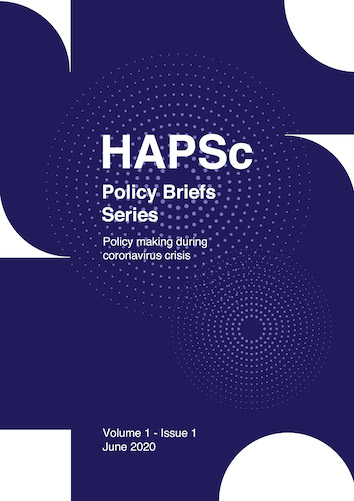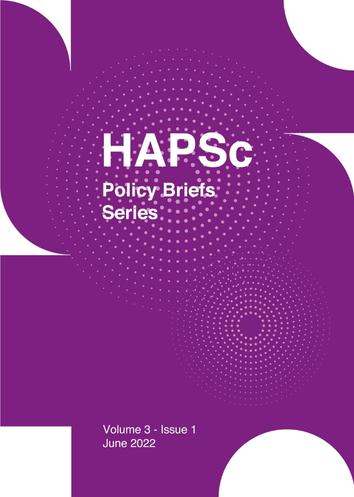Rethinking Security: The Limits of the Traditional Concept of Security in a World of Non-Traditional Threats
Resumen
This essay discusses the evolution of the modern conception of security and argues that there is a need for its expansion in order to tackle the rising non-traditional threats. Traditionally, the realist paradigm of national security has dominated the academic debate, while promoting a military and state-centric approach to “doing security”. Despite emergence of non-military and non-state security threats, the paradigm of national security is still figuring at the center of the modern state. However, the proliferation of non-traditional threats combined with the states’ inability to address them have troubled the academia and policymakers. This perception has been further reinforced by the latest Covid-19 pandemic, which demonstrated not only the limitations of national security, but also the dangerous consequences of this new type of threat. As climate change effects become more tangible and destructive, it becomes evident that the coronavirus outbreak is another indication that the security landscape is not equipped to confront rising threats. Therefore, there is a need for the development of a more holistic security concept and the dismantlement of the preexisting strictly state-centric and military approaches.
Article Details
- Cómo citar
-
Fusiek, D. A. (2020). Rethinking Security: The Limits of the Traditional Concept of Security in a World of Non-Traditional Threats. HAPSc Policy Briefs Series, 1(2), 265–272. https://doi.org/10.12681/hapscpbs.26500
- Sección
- Articles

Esta obra está bajo una licencia internacional Creative Commons Atribución 4.0.
Authors retain copyright and grant the journal right of first publication with the work simultaneously licensed under a Creative Commons Attribution License that allows others to share the work with an acknowledgement of the work's authorship and initial publication in this journal.




